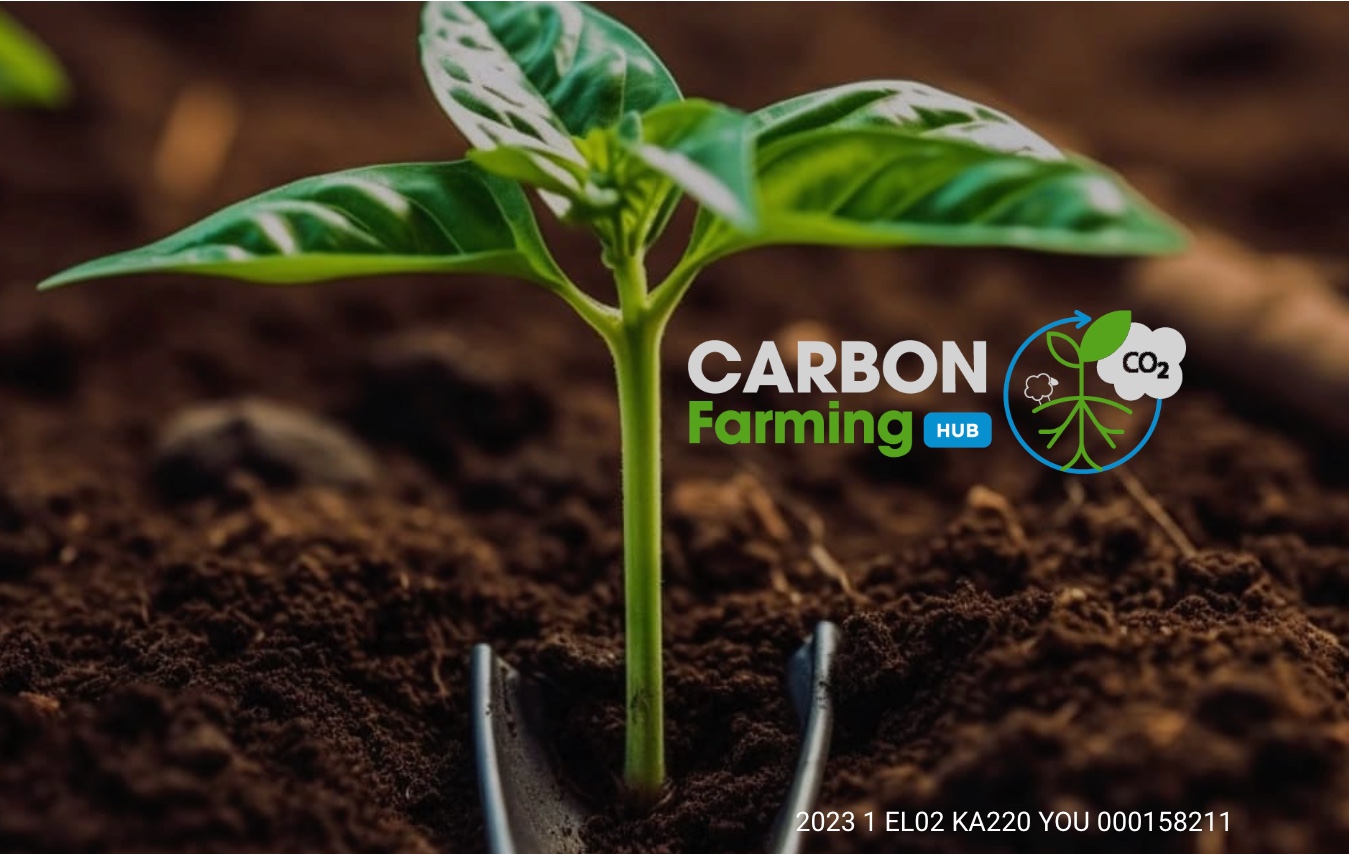
Climate change is affecting the entire planet with clear risks of irrecoverable damages for the environment and human life.There is an increased awareness that this phenomenon is a global one, requiring flagship initiatives and a commonintervention framework.
The 2019 events, namely the protests of the young population across Europe, and environmentalchanges and cataclysms at the beginning of 2020, forced us to rethink the way we currently consume and produce, basedon the old-fashioned economical approach “take, make, and dispose of” and the linear economy paradigm.
In 2020, theEuropean Commission adopted a challenging overall strategy to boost the green transition promoting sustainable economicgrowth and generating new jobs. The pillars of this ambitious strategy are the Green Deal and the related Farm2Forkstrategy, along with the new Circular economy plan, and from December 2021, the new “Carbon Farming Initiative”. In this scenario, the primary sector can play the role of a driver of innovation and an engine towards the green transition.
Carbonfarming refers to farm management practices that aim to deliver climate mitigation in agriculture. This involves themanagement of both land and livestock, all pools of carbon in soils, materials and vegetation plus fluxes of carbon dioxide(CO2), methane (CH4) and nitrous oxide (N2O). According to the 2021’s Eurobarometer (513), one to five european citizens consider the carbon footprint of their foodpurchases and sometimes adapt their shopping accordingly, showing the increasing interest of consumers for carbonneutral food products.
Carbon Farming Awareness Hub (CarboFarmHub) project aims at creating a network of awarenesshubs located in the 4 partner countries (GR, IT, ES, PT), in order to join forces for answering to the common and crucialneed of both increasing the awareness and skills especially of young citizens and farmers in order to be ready to face thenew challenges that will rise from the combined request for sustainable food systems and the need to fight food insecuritycaused by events such as the war in Ukraine. Referring to the common needs at the core of the proposal, it is worthconsidering that all countries involved have been implementing a strong policy supporting the transition to organicproduction systems. Strictly referring to the main objective of the Farm2Fork strategy of reaching by 2030 the 25% of totalland farmed organically, Italy, Spain, Portugal and Greece are the leading countries in Europe with the largest organicagricultural areas: Italy (15.2%), Spain (9.7%), Portugal (8.2%) and Greece (8.7%).
The main objectives and tangible results of CarboFarmHub are:
- Increase awareness of youth and relevant stakeholders in relation to the European strategies concerning the greentransition and climate action. A wide set of outreach initiatives both onsite and online will be implemented in all partnercountries and at international level, under the framework of the created CarboFarmHub. The Hub will work as a point ofreference and accelerator in the promotion of sustainable ways of producing and new sustainable business models tosupport the green transition at European level.
- Valorize the role of the primary sector, specifically farming in reducing environmental and social impacts. Thanks to thedevelopment and piloting of the Hub, an expected number of 600 young people, of at least 350 stakeholders (publicadministrators, policy makers, farmers, BSOs, youth associations, VET providers, universities, citizens), will be involved inthe so-called Global Framework of initiatives, along with at least 100 farmers interested in conversion processes and in theemerging European carbon market.
- The analysis of the current EU climate policy related to carbon farming, carbon farming costs and barriers, carbon farmingpayment types will be included in the policy brief (WP3) that will be produced. It will be collecting comments, ideas,feedback of young and stakeholders after their participation in the awareness raising initiative that can support policymakers in the design of new policies and the development of measures boosting organic and carbon farming.